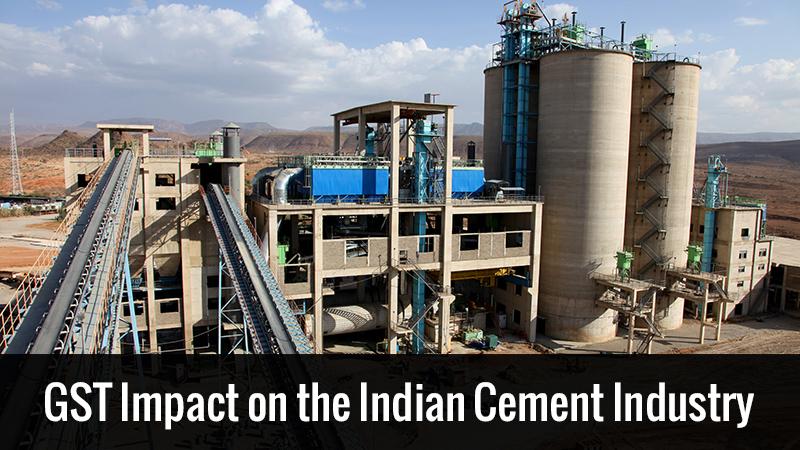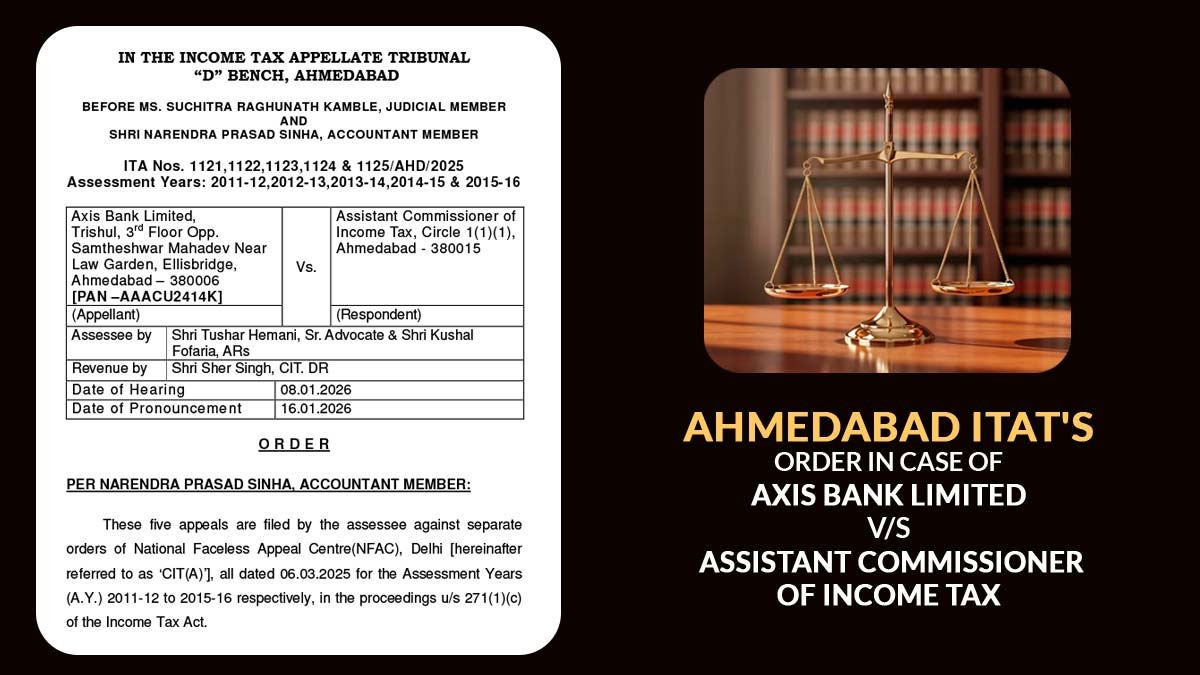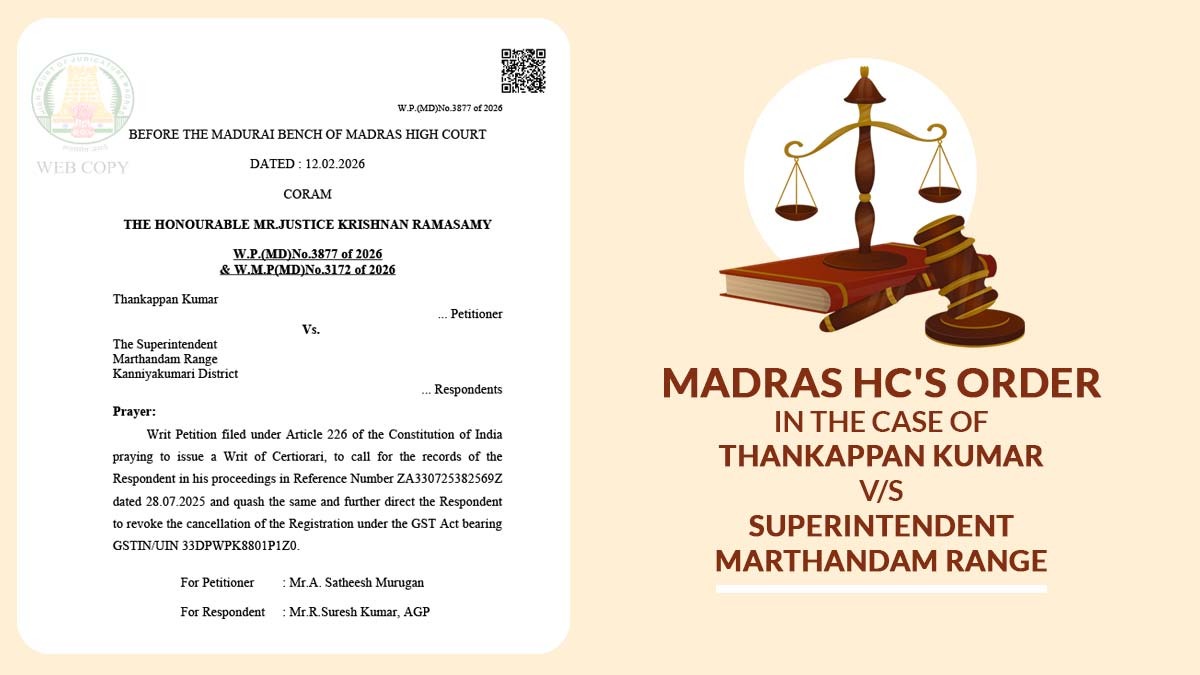
The implementation of the Goods and Services Tax (GST) in India posed significant challenges for the cement sector. The initial decision by the GST Council to apply a high 28% tax rate placed a heavy financial burden on the industry, which was already dealing with escalating costs due to rapid urbanisation and an expanding infrastructure market.
This elevated tax rate had a substantial negative impact on major industry players such as Ultratech, JK Cement, and Shree Cement.
The 28% GST on cement made it difficult for these companies to manage their earnings and also adversely affected corresponding sectors, particularly those involved in the production of tangible additives.
Recommended: GST Impact on the Automobile Industry in India
What Were Industry Concerns Before the 56th Council Meeting Update?
Before the 56th GST Council Meeting, there were general concerns within the cement industry. V Lakshmikumaran, Managing Partner at Lakshmikumaran and Sridharan, highlighted several key issues:
Despite India being the world’s second-largest cement producer with significant export potential, the existing tax structure hindered its growth.
The industry faced high costs on raw materials. For instance, coal incurred additional expenses, including a pure energy cess, which was above the GST input tax credit (ITC) regime.
Electricity, another crucial input for cement production, was excluded from GST, leading to higher overall production expenses.
The transport service tax, if not creditable at the agent level, became an embedded part of the general production cost, further increasing financial strain.
Lakshmikumaran warned that without a reduction of the GST on cement to 12%, the tax would negatively affect the country’s infrastructure development goals.
GST Council Meeting Update in the Cement Industry
The 56th GST Council Meeting on September 3rd and 4th, 2025, reported a reduction in the GST rate on cement from 28% to 18%, which is effective from September 22, 2025.
| Description of Goods | GST Rate From 22nd September |
|---|---|
| Portland Cement, Aluminous Cement, Slag Cement, Super Sulphate Cement and Similar Hydraulic Cements, Whether or Not Coloured or in the form of Clinkers | 18% |
Major Key Changes
- The prices of cement have dropped by INR 25–30 per 50kg bag, making construction more affordable.
- Lowering input prices will lower project costs, helping the infrastructure and real estate sectors.
The GST reduction is considered a catalyst for infrastructure growth and enhancing housing affordability with India’s long-term urbanisation purposes.










In article cement rate is written 18%,i think it should be 28% ?
We updated the data
sir i just want to know that after g s t cement price will increase or price will be cheap
There is no item wise rate bifurcation done by the department so we can’t assume anything.